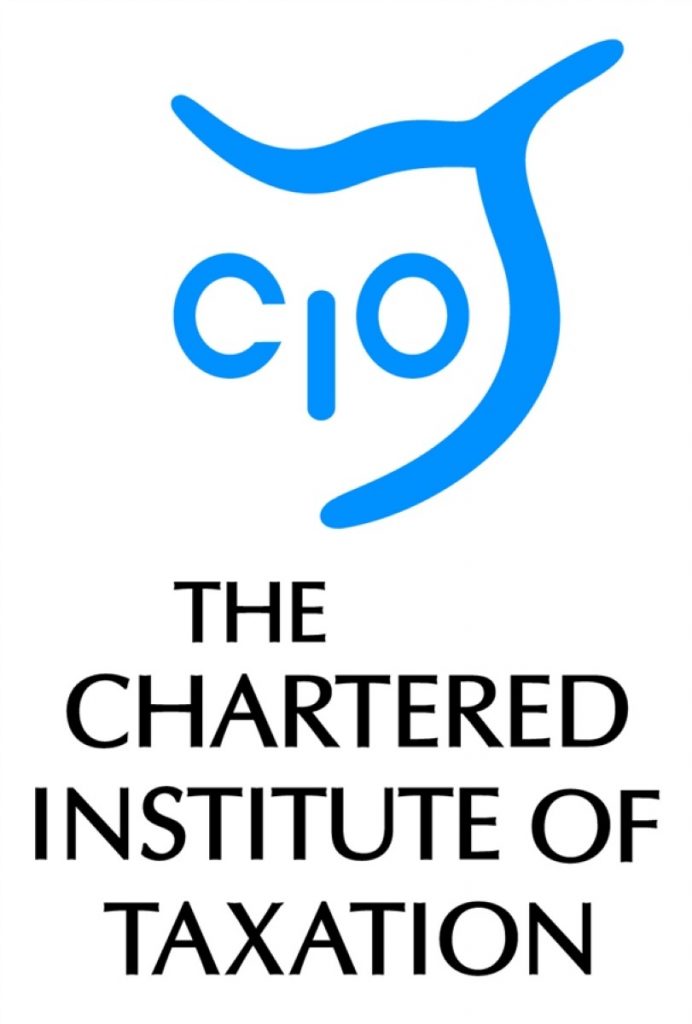CIOT quizzes Permanent Secretary over disclosure facilities
Tax advisers’ questions about the New Disclosure Opportunity and Liechtenstein Disclosure Facility have been put to Dave Hartnett, Permanent Secretary for Tax at HM Revenue and Customs.
The Chartered Institute of Taxation has released a podcast of the session in which questions from the Institute’s members were put to Mr Hartnett by John Whiting, CIOT Tax Policy Director, and Gary Ashford, Chairman of the CIOT’s Management of Taxes Sub-Committee.
The podcast can be viewed, or a transcript read, on the CIOT website: http://www.tax.org.uk/showarticle.pl?id=8777;n=3641
Commenting, Gary Ashford said:
“This is the clearest and most direct statement to date from Dave Hartnett as to how HMRC are going to view undisclosed offshore bank accounts after the new disclosure opportunity comes to an end.”
Extracts from the question and answer session
(DH: Dave Hartnett, GA: Gary Ashford, JW: John Whiting)
Permanent Secretary reveals £25,000 trigger for offshore account notification:
GA: Turning back to the PBR, there was reference to new legislation requiring notification of opening a new account. Are you able to share with us some of the thinking and the timing of that?
DH: Absolutely. We’ve been surprised that some people seem determined to frankly hold out and not make a disclosure when they can see announcements that have been made of penalties for incorrect tax returns, and that some of them will face a penalty of 100 per cent. But we needed to make things more secure from a tax administration perspective going forward. And our ministers accepted that argument, and so people are going to have to make a notification going forward of an offshore account which hits £25,000 balance or is newly opened with that sort of money. Now people who don’t do that and whose tax returns are wrong will face a penalty of up to 100 per cent of the tax for not notifying us plus up to 100 per cent of the tax for an incorrect return. That’s a big penalty.
What happens after the January deadline:
DH: For the time being, those letters [about disclosure] will be very friendly, very warm, letting people know we’ve got information about them… But I think once we get past the time for people to come forward, those letters are much more likely to be invitations to interviews, and meetings to discuss the accuracy of tax returns.
GA: … You say that there’s going to be a change in approach in terms of letters, perhaps, over a period of time, but on the 5th of January what do you think the world will look like?
DH: … I think that it’s going to be a number of weeks before people really see a difference. We will start sending out different sorts of letters, but it’s going to be the end of March before we really begin risk profiling individuals, looking at where we think there are significant disclosures that should have been made, and I think people will then see a growing number of investigations.
On whether the Liechtenstein facility will be repeated elsewhere:
DH: Well that’s a really interesting question. We are in discussion with other countries. Would we give them exactly the same terms or seek to negotiate exactly the same terms? It really depends on two things. Have we got any levers that would allow us to gain access to banking data in those countries. That’s the first consideration. If the answer is no, there are none at all, well we’d think hard about what to do. But what we don’t want to do either is to undermine the Liechtenstein disclosure facility by suddenly giving someone a choice between the Liechtenstein facility, and – I’d better not name any countries – say, the ‘Ruritanian facility’.
HMRC’s toughest warning yet – ‘Be afraid, be very afraid’:
JW: What would your message be to somebody who says that, ‘there’s always a country that you can conceal money in’?
DH: Well, I think my message is very simple. The world is getting smaller. Tax administrations are co-operating more and more. But I asked one of my colleagues what I should say, and she said to me I should quote Geena Davis… The quote is, and I think it is very apt – it’s not meant to be frightening, it’s just very apt – “Be afraid, be very afraid, if you want to keep hiding your money offshore.”
A full transcript of the question and answer session is available on the CIOT website:
http://www.tax.org.uk/showarticle.pl?id=8777;n=3641
Notes to editors
1) The New Disclosure Opportunity, announced in the April Budget, required taxpayers with undisclosed overseas income to first notify HMRC of an intention to disclose and then send in full details. It was announced in November that the notification date, previously 30 November 2009, was being extended to 4 January 2010. The filing deadline remains 12 March 2010.
2) The Liechtenstein Disclosure Facility requires UK taxpayers with undeclared investments in Liechtenstein to disclose them and settle their tax liability to the UK government under a special arrangement. For more information see the HMRC website: http://www.hmrc.gov.uk/disclosure/liechtenstein-disclosure.htm
3) The Chartered Institute of Taxation (CIOT) is a charity and the leading professional body in the United Kingdom concerned solely with taxation. The CIOT’s primary purpose is to promote education and study of the administration and practice of taxation. One of the key aims is to achieve a better, more efficient, tax system for all affected by it – taxpayers, advisers and the authorities.
The CIOT’s comments and recommendations on tax issues are made solely in order to achieve its primary purpose: it is politically neutral in its work. The CIOT will seek to draw on its members’ experience in private practice, government, commerce and industry and academia to argue and explain how public policy objectives (to the extent that these are clearly stated or can be discerned) can most effectively be achieved.
The CIOT’s 14,900 members have the practising title of ‘Chartered Tax Adviser’.
– ENDS –





-01.png)